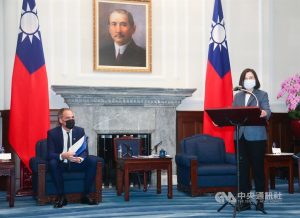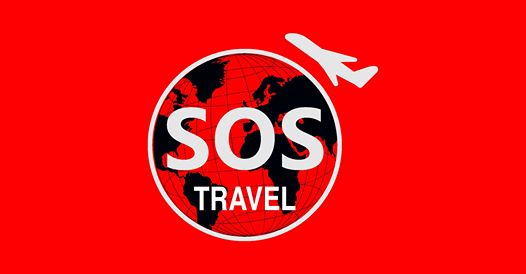
Image taken from the website of the Committee to Protect Journalists
Taipei, Dec. 17 (CNA) Taiwan and Hong Kong “are on the frontlines of the battle for press freedom” due to efforts by the Chinese government to shape public opinion, according to a report published Monday by the Committee to Protect Journalists (CPJ).
The report, titled “One Country, One Censor: How China undermines media freedom in Hong Kong and Taiwan” was written by CPJ Asia Program Coordinator Steven Butler.
“China has become a top global economic power, and is fast expanding its military reach beyond its borders,” Butler said in the introduction to the report.
“It is simultaneously trying to influence the global public through the media to accept and support China’s growing role in the world,” he continued.
Taiwan and Hong Kong are on the frontlines of the battle for press freedom, as China has utilized various efforts to “influence editorial content and sometimes to manipulate public opinion” in the two regions, according to Butler.
In Taiwan, government officials and legislators are struggling to find ways to cope with China’s growing influence on local legacy media and to “counter a deluge of disinformation apparently aimed at manipulating public opinion as Taiwan approaches general elections Jan. 11, 2020,” Butler said.
Butler cited the example of Want Want Holdings Ltd., which owns several media outlets in Taiwan including the China Times, one of the four largest newspapers in Taiwan, as having engaged in questionable business practices with China.
The China Times once disguised advertising from the government of the Chinese province of Fujian as news stories in 2012, which led to the paper being fined NT$1.8 million (US$59,166), as Taiwan bans advertising by the Chinese state, Butler noted.
At the time, Want Want’s chairman questioned whether these ads violated national security.
Butler also mentioned a report published in April 2019, which found that Want Want’s Chinese branch has received NT$17.8 billion in subsidies from the Chinese government since 2004. However, Taiwan’s Mainland Affairs Council said at the time that it is not against the law for Taiwan companies to take subsidies from the Chinese government.
In June this year, the paper was accused of downplaying Hong Kong’s massive pro-democracy protests, and was found to have removed its past reporting on the June 4, 1989, Tiananmen Square massacre, Butler went on.
Butler said that authorities in Taiwan fear that China is spreading false news stories and manipulating social media in an attempt to sway January’s elections, but so far, legislative approaches to block Chinese interference lack a consistent strategy.
“How to maintain Taiwan’s openness while preventing unwelcome manipulation by a hostile political force — let alone a giant next door whose economy is key to Taiwan’s prosperity — is a riddle for which there isn’t yet a satisfying answer,” Butler said.
In Hong Kong, “Chinese interests dominate commercial media,” Butler said, with nine of 26 mainstream media outlets controlled by Chinese authorities or corporations led by Communist Party members.
With these ownership changes and incidences of violence towards journalists, many foreign correspondents in the region also fear that their critical reporting will have other consequences on their work, Butler said, including being blocked from working in China or having their visa revoked.
“As China ratchets up the pressure on Hong Kong media, it’s not clear where or if it will stop,” Butler concluded.
(By Lawrence Chiu and Chiang Yi-ching) Enditem/AW








 The new flight schedule for the W21/22 season began on 31 October 2021. For Budapest Airport, this means an exciting mix of new routes, resumed services, and significant frequency increases.
The new flight schedule for the W21/22 season began on 31 October 2021. For Budapest Airport, this means an exciting mix of new routes, resumed services, and significant frequency increases.


 Intercontinental Hotels and Resorts célèbre son anniversaire de diamant avec éclat, en proposant aux voyageurs
Intercontinental Hotels and Resorts célèbre son anniversaire de diamant avec éclat, en proposant aux voyageurs 




Leave a Reply